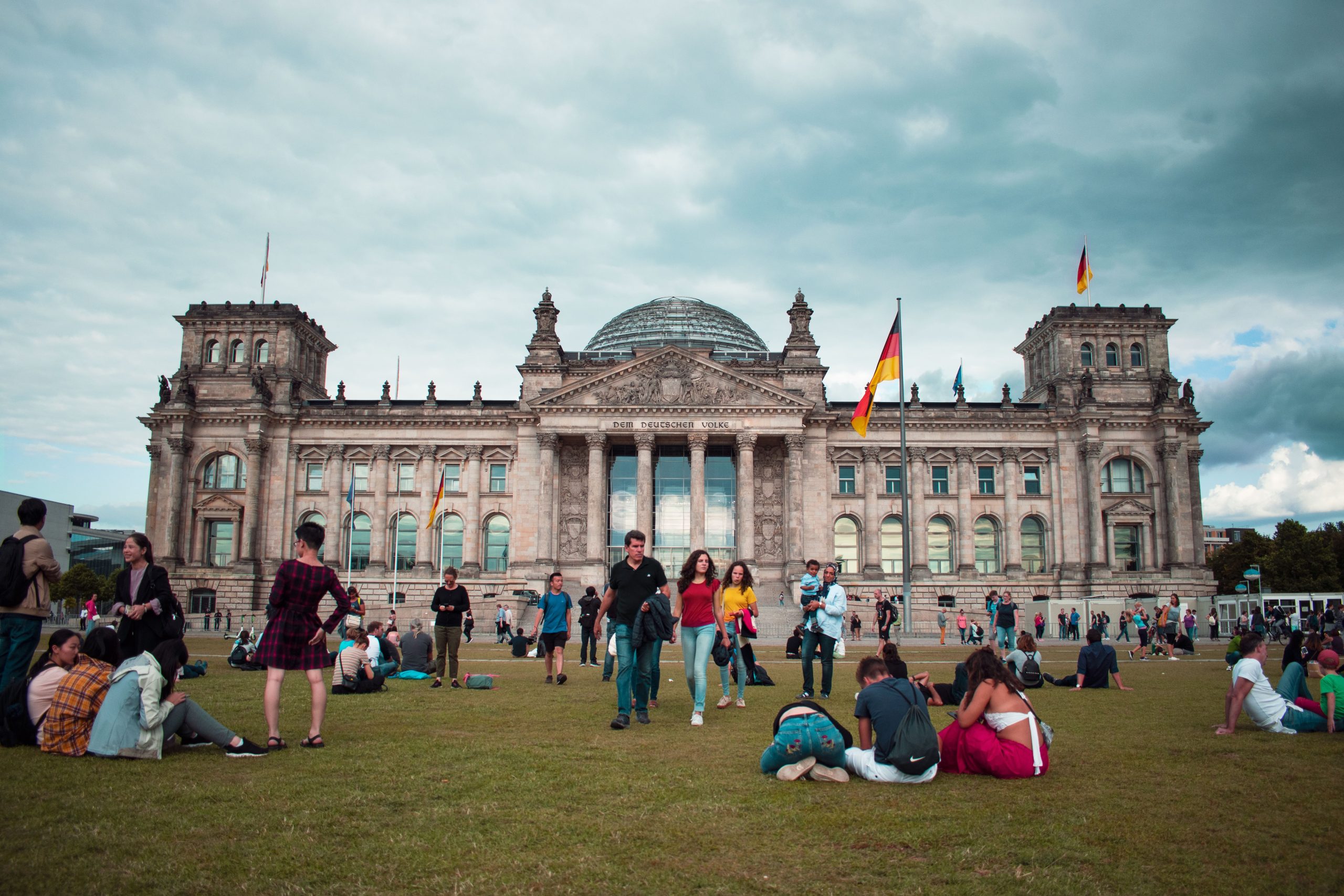Pros and Cons of Living in Berlin, Germany

Introduction:
Berlin, the vibrant capital of Germany, is renowned for its rich history, thriving arts scene, and multicultural atmosphere. Living in Berlin offers a unique blend of opportunities and challenges. We will delve into the pros and cons of residing in this dynamic European city.
Pros:
1. Cultural Diversity and Creative Energy:
Berlin is a melting pot of cultures and attracts artists, musicians, and creative individuals from around the world. The city’s diverse population and vibrant arts scene create a dynamic and stimulating environment. Residents can immerse themselves in a rich cultural tapestry, attending festivals, exhibitions, and performances throughout the year.
2. Affordable Cost of Living:
Compared to other European capitals, Berlin has a relatively affordable cost of living. Housing, dining out, and entertainment options are generally more accessible and budget-friendly. The lower cost of living allows residents to enjoy a high quality of life without breaking the bank.
3. Thriving Job Market:
Berlin’s economy has been growing steadily, with emerging sectors such as technology, startups, and creative industries driving the job market. The city offers ample career opportunities, particularly for individuals in the fields of IT, design, and media. Residents have the chance to work in innovative and forward-thinking industries.
4. Green Spaces and Parks:
Berlin is known for its abundance of green spaces and parks. From the iconic Tiergarten to smaller local parks, residents have ample opportunities for outdoor activities, picnics, and leisurely walks. These green oases provide a much-needed escape from the bustling city and a chance to connect with nature.
5. Public Transportation System:
Berlin boasts an efficient and well-connected public transportation system. The extensive network of buses, trams, and the U-Bahn (subway) makes commuting convenient and reliable. Residents can navigate the city and its surrounding areas easily, reducing dependency on private vehicles.
6. Rich History and Architecture:
Berlin’s history is palpable, with historical landmarks and architectural marvels spread throughout the city. From the Brandenburg Gate to the Berlin Wall Memorial, residents can immerse themselves in the city’s past and witness its transformation. The juxtaposition of historical and modern architecture adds to Berlin’s unique charm.
7. Nightlife and Entertainment:
Berlin has a reputation for its vibrant nightlife scene, with numerous clubs, bars, and music venues. The city offers diverse entertainment options, including concerts, theatrical performances, and art exhibitions. Residents can enjoy a thriving and eclectic nightlife, catering to a wide range of tastes.
Cons:
1. Weather:
Berlin’s weather can be unpredictable, with cold winters and mild summers. The city experiences long periods of overcast skies and rainfall. Individuals who prefer consistent weather patterns may find the climate challenging.
2. Language Barrier:
While English is widely spoken in Berlin, particularly among the younger population, German remains the primary language. Non-German speakers may face some challenges, particularly in official matters or certain social interactions. Learning basic German can help ease integration and daily life.
3. Competitive Rental Market:
Berlin’s popularity as a city for young professionals and creatives has resulted in a competitive rental market. Finding suitable and affordable housing can be challenging, especially in sought-after neighborhoods. It is advisable to start the housing search early and be prepared for potential competition.
4. Limited Job Opportunities for Non-German Speakers:
While Berlin offers a thriving job market, some sectors may require German language proficiency. Non-German speakers may find it more challenging to secure certain job opportunities, particularly in traditional industries or roles that require extensive customer interaction.
5. Bureaucracy and Administrative Processes:
Navigating bureaucratic processes and paperwork in Germany can be time-consuming and complex. Registering for official documents, obtaining permits, or dealing with government offices may require patience and an understanding of the local administrative system.
6. Tourist Crowds:
Berlin is a popular tourist destination, and certain areas can become crowded during peak travel seasons. Popular landmarks and attractions, such as the Berlin Wall or Museum Island, may experience higher visitor traffic, requiring patience when exploring these sites.
Conclusion:
Living in Berlin offers a unique blend of cultural diversity, affordability, and vibrant energy. However, it’s important to consider factors such as unpredictable weather, competitive rental market, and potential language barriers. By carefully evaluating the pros and cons, individuals can make informed decisions about whether Berlin is the right place for them to call home.



